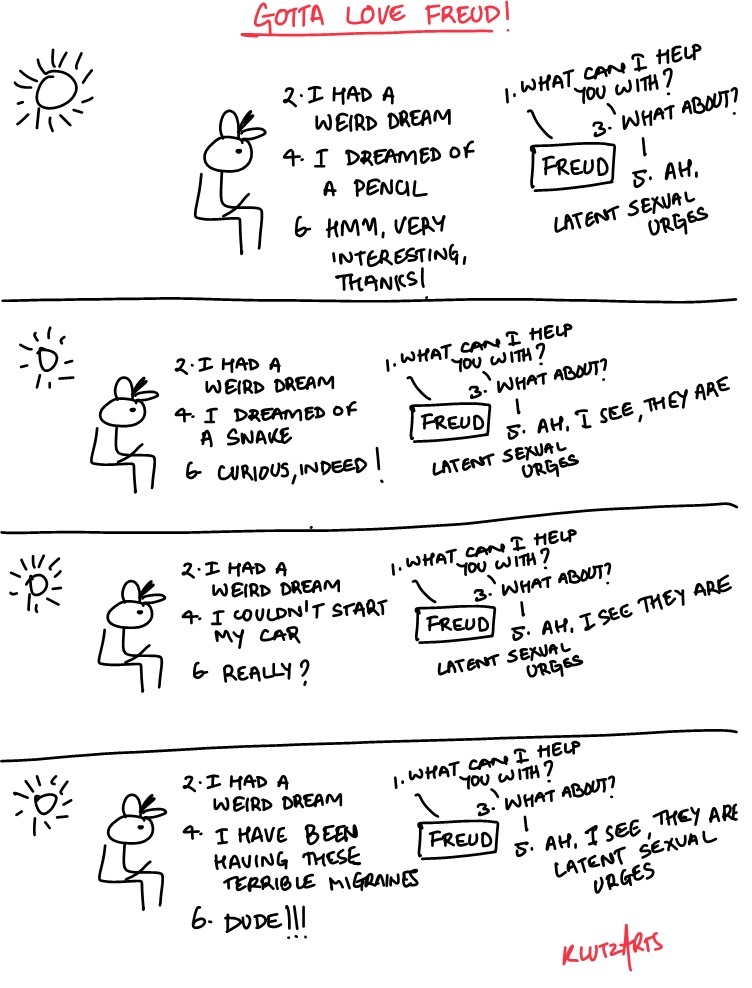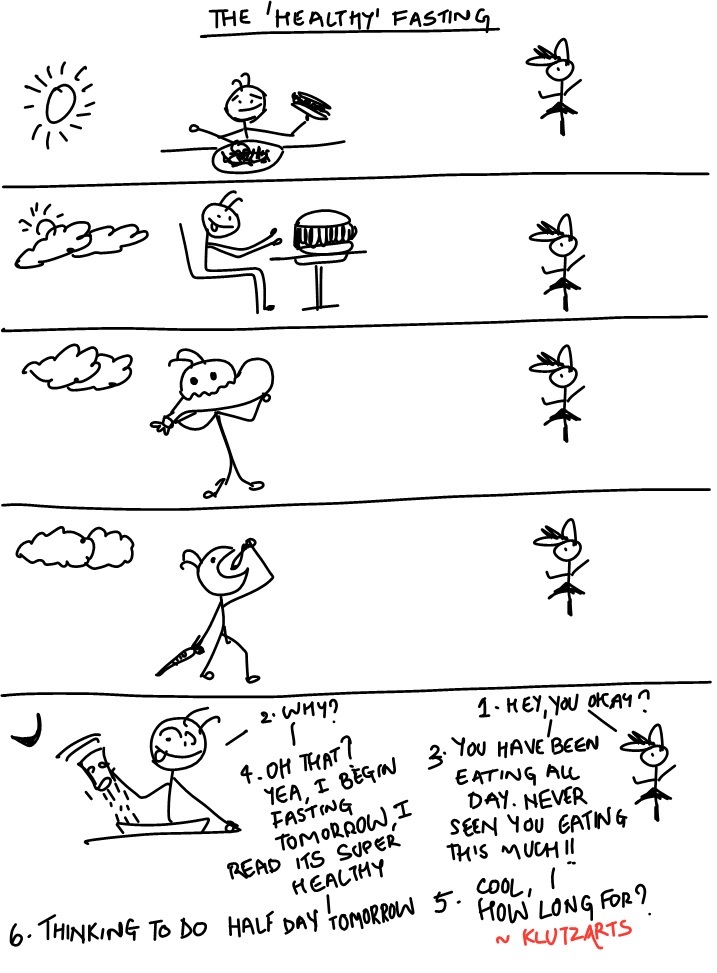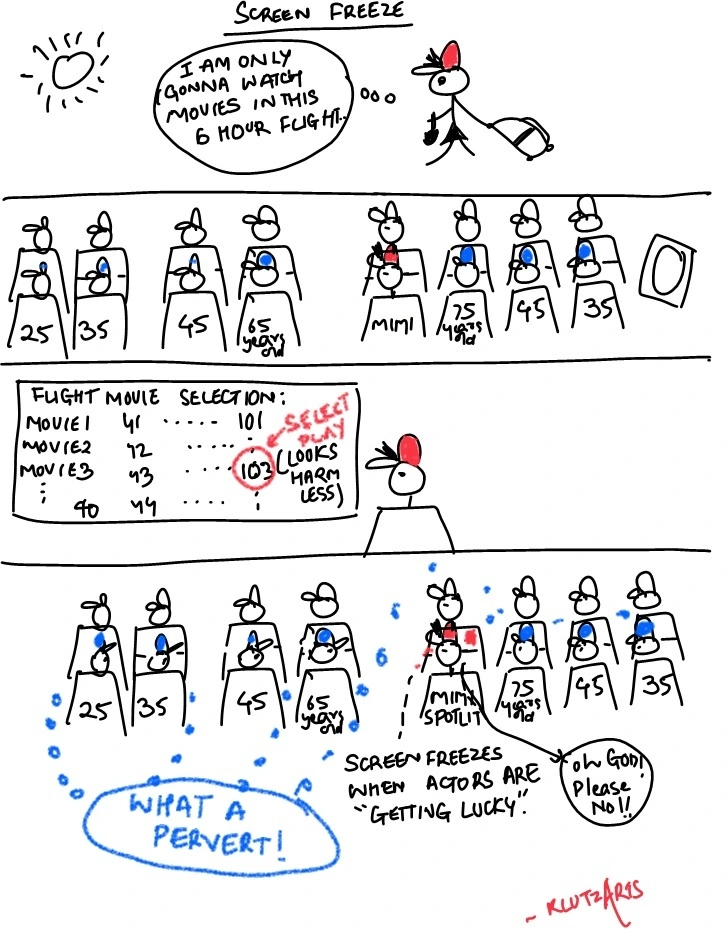Bartleby The Scrivener: A Story of Wall Street is a short story or novella written by American author Herman Melville. It was first published in two parts in the November and December 1853 issues of a magazine. It tells the story of Bartleby – a scrivener (a clerk or scribe) who works for a Manhattan lawyer and grows increasingly enigmatic as the story progresses.
“Happiness courts the light, so we deem the world is gay, but misery hides aloof, so we deem that misery there is none.”
Seeing what we want to see and feel commands so much power on us humans that we are even more blinded to what we don’t want to see or feel widening the gap between happiness and misery disproportionately.
This is an excerpt from ‘Bartleby the scrivener’ the first short story by the American writer Herman Melville, first published in Putnam magazine, way back in 1853.
Bartleby the Scrivener: Summary and Plot Analysis
The story revolves around an unnamed Manhattan lawyer and his mysterious new hire, Bartleby. As their relationship revolves, the personality of Bartleby still remains an enigma to the narrator and the readers alike.
The narrator of the story is an unnamed, unambitious elderly man that has a snug law-copying business He has two scriveners in his employ already: Turkey and Nippers, both of whom are eccentric – while the former is more civil in the first half of the day, while the latter in second. Another employee, Ginger Nut, who is a young office boy completes the staff.
As the business grows, the narrator advertises for the position of another scrivener- Bartleby: more forlorn and calmer than his other staff. In the initial period of his employment, Bartleby seems very meticulous producing high-quality work in high volumes, never taking lunch breaks and continues to remain reticent and oblivious to the banter or the tantrums of his other colleagues.

One fine day, upon being asked by the narrator to proofread, Bartleby responds with ‘I would prefer not to’, and after that, it becomes his response to pretty much everything that is asked of him. This irks the narrator as well as the other employees, but Bartleby’s stance remains steadfast in that matter.
The volume of his work declines at a steady pace until one point where he does absolutely nothing but stares at a brick wall out of his office window all day long. Having had to come to work one Sunday, the narrator notices that Bartleby had started living in the office premises.
The mystery surrounding his constant presence in the office premises and his continual staring at the brick wall deepens and the narrator, thinking that if word spread it could bring bad reputation for his business. In order to devise a plan to mitigate this risk, he makes several futile attempts at trying to know more about him or reason with him to leave the premises.
Neither money nor the prospect of working someplace new appeals to Bartleby and he continues to live in the office. The narrator was compassionate enough not to have him forcibly removed from the premises.
Left with no choice, the narrator moves office to another location without letting Bartleby know the whereabouts.
Although thinking the narrator rid himself of Bartleby, the mystery surrounding his permanent presence at the premises is not solved, until one day, the new tenants come to mention to him the inconvenience that Bartleby’s presence was causing them – he continued to sit on the stairs all day and slept in the doorway at night.

The narrator is again brought in to reason with Bartleby, going to the extent of inviting him over to his own residence to live with him, but his request fall on deaf ears. The narrator eventually comes to know that he was forcibly removed from the premises and imprisoned nearby in the Tombs.
He goes to visit Bartleby in prison, to find him even quieter than usual. He bribes the turnkey to make sure that Bartleby gets enough food. He comes back later another day to check on him only to find out that he died of starvation.
He comes to know afterwards through rumors, that Bartleby used to work in a “dead-letter” office (a dead letter office is a facility within a postal system where undeliverable mail is processed).
The narrator attributes that to be the reason why a man of his temperament, having worked in an even darker environment, might have sunk deeper into depression.
The story closes with narrator’s exasperated sigh “Ah Bartleby! Ah humanity!”
Bartleby the Scrivener Analysis
To think that all this novella received was critical disdain at the time of its release confuses me and pains me at the same time. I couldn’t help but draw parallels between Bartleby’s and author’s life – if Bartleby’s dispassionate No to the kind of work that he didn’t want to do was any indication of the kind of work that was demanded of Melville- but maybe that’s taking my imagination too far.
Regardless, this short story raises many poignant themes- As relevant as they are now, almost two centuries from when Melville first brought the story to life.
Bartleby The Scrivener Quotes
I might give alms to his body, but his body didn’t pain him –it was his soul that suffered, and his soul I couldn’t reach.
The narrator feels- and rightly so- that Bartleby doesn’t respond to any requests or temptations because his soul is broken. His complete denial to accept any assistance or to find solace in sharing leaves him completely isolated-leaving little chance for people around him to be able to help him, feeling guilty and helpless themselves in return.
“Nothing so aggravates an earnest person as a passive resistance.”
How many times have I seen a person being driven completely crazy , and I mean grinding-teeth crazy -by someone that only resists passively, no debating, no reasoning, no active participation in the argument, but sitting back peacefully and saying No to everything that is asked.
If I was the narrator I would have gone crazy far before Bartleby dies of starvation.
“I would prefer not to”
Maybe that was the only thing that Bartleby felt he did, that made him empowered. Having the ability to say Yes or No to things that he did or didn’t want to do. Bartleby is an enigma. Offices should be kinder to their Bartlebys. I am going to be kinder to myself.
Thank you, Mr Melville, for giving me that voice.
I can now say ‘I would prefer not to’ aloud.
“Happiness courts the light, so we deem the world is gay, but misery hides aloof, so we deem that misery there is none.”
Seeing what we want to see and feel commands so much power on us humans that we are even more blinded to what we don’t want to see or feel widening the gap between happiness and misery disproportionately.
Bartleby The Scrivener PDF Free Download
You can download a PDF copy of Bartleby The Scrivener by clicking here.
This is a PDF document where you can read Bartleby The Scrivener for free!



Leave a comment